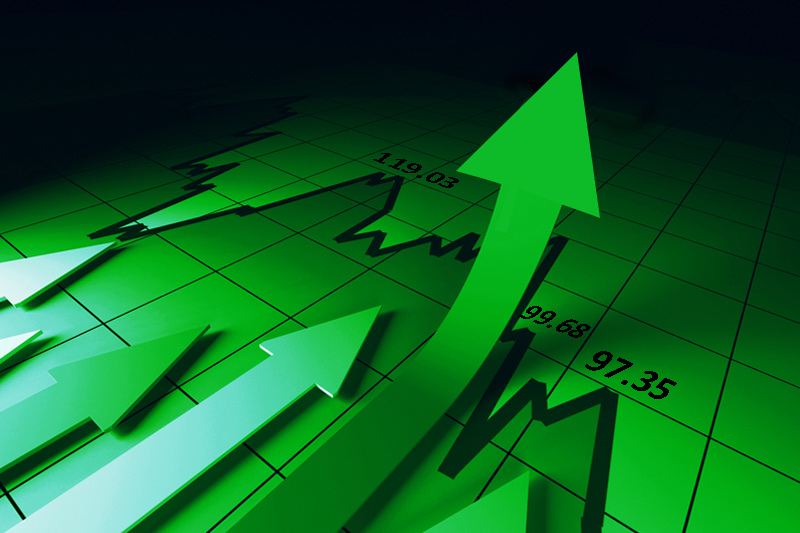Investing.com – The euro eased up to a three-day high against the Swiss franc on Monday, as concerns over Japan’s nuclear crisis eased, while the prospect of further intervention to curb the yen’s gains also weighed on the safe haven franc.
EUR/CHF hit 1.2841 during European early afternoon trade, the pair’s highest since March 16; the pair subsequently consolidated at 1.2829, rising 0.38%.
The pair was likely to find support at 1.2579, Friday’s low and resistance at 1.2942, the high of March 15.
Earlier in the day, Japanese authorities said they were making progress in cooling damaged reactors at the stricken Fukushima Daiichi nuclear power plant, 155 miles north of Tokyo.
On Friday, the Group of Seven industrialized nations, together with Japan’s Ministry of Finance conducted its first coordinated intervention in currency markets since 2000 in an effort to stem the yen’s steep gains in the wake of the March 11 earthquake and tsunami.
However, oil prices climbed Monday as ongoing military action in Libya and unrest in the Middle East sparked renewed fears over disruption to supplies.
The Swissie was also lower against the U.S. dollar, with USD/CHF rising 0.48% to hit 0.9055.
On Friday, European Central Bank President Jean-Claude Trichet maintained his recent hawkish stance on inflation, saying that the bank was "extremely attentive" on anchoring inflation expectations.
EUR/CHF hit 1.2841 during European early afternoon trade, the pair’s highest since March 16; the pair subsequently consolidated at 1.2829, rising 0.38%.
The pair was likely to find support at 1.2579, Friday’s low and resistance at 1.2942, the high of March 15.
Earlier in the day, Japanese authorities said they were making progress in cooling damaged reactors at the stricken Fukushima Daiichi nuclear power plant, 155 miles north of Tokyo.
On Friday, the Group of Seven industrialized nations, together with Japan’s Ministry of Finance conducted its first coordinated intervention in currency markets since 2000 in an effort to stem the yen’s steep gains in the wake of the March 11 earthquake and tsunami.
However, oil prices climbed Monday as ongoing military action in Libya and unrest in the Middle East sparked renewed fears over disruption to supplies.
The Swissie was also lower against the U.S. dollar, with USD/CHF rising 0.48% to hit 0.9055.
On Friday, European Central Bank President Jean-Claude Trichet maintained his recent hawkish stance on inflation, saying that the bank was "extremely attentive" on anchoring inflation expectations.
